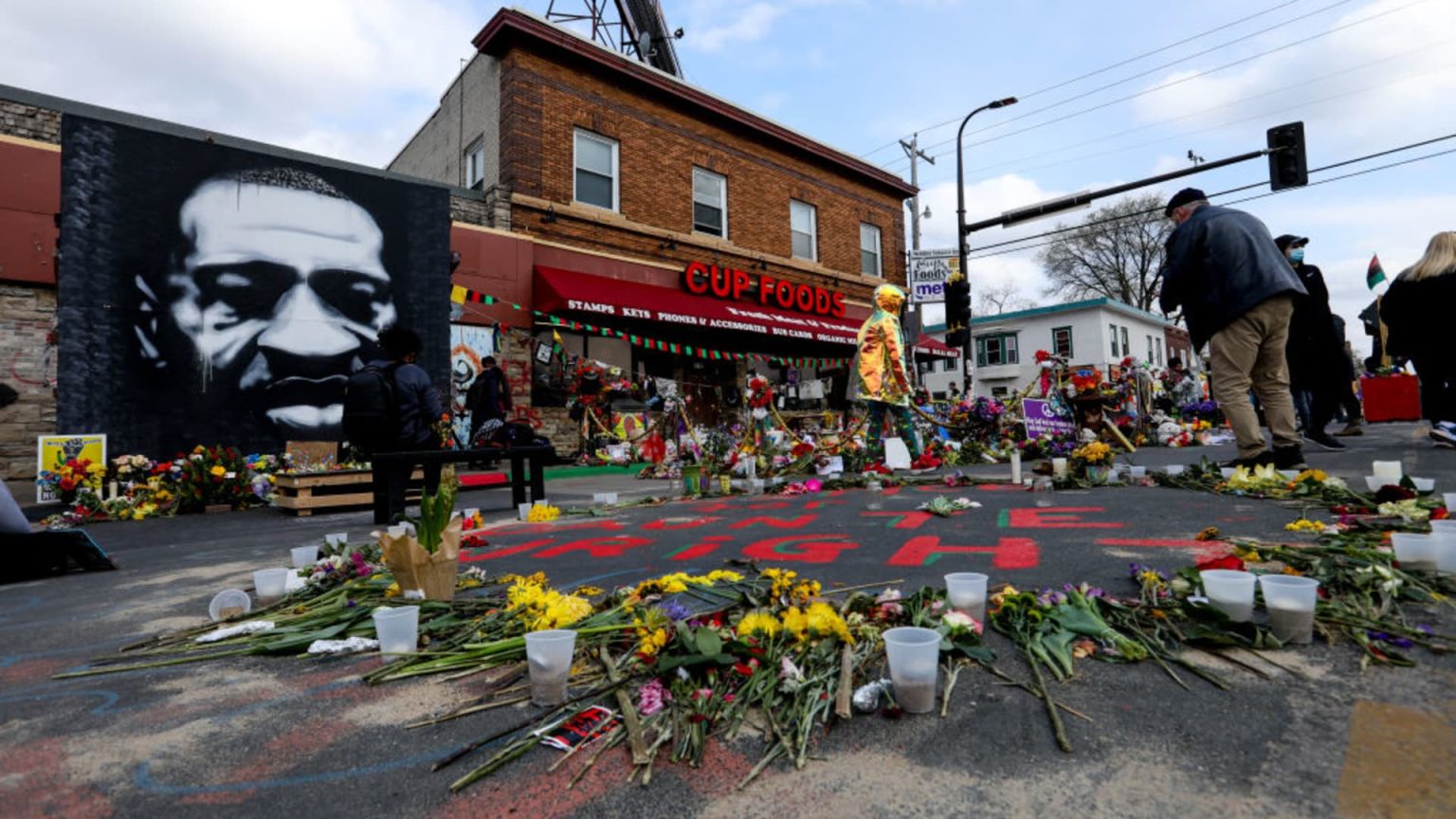| Article Subheadings |
|---|
| 1) Background on George Floyd’s Death and Police Reform |
| 2) DOJ’s Announcement and the Impact on Consent Decrees |
| 3) Local Reactions and Initiatives for Reform |
| 4) Mixed Results of Consent Decrees Across the Country |
| 5) Future Prospects for Policing and Accountability |
Background on George Floyd’s Death and Police Reform
The murder of George Floyd on May 25, 2020, became a pivotal moment in America’s reckoning with systemic racism and police brutality. Floyd, who was unarmed, died when former Minneapolis police officer Derek Chauvin kneeled on his neck for over nine minutes during an arrest. This incident sparked nationwide protests and calls for police reform, highlighting the need for comprehensive changes in policing practices. In reactions to Floyd’s death, civil rights advocates and many community leaders pressed for a framework to curb violence in law enforcement and enhance accountability, leading to a series of federal investigations and proposed consent decrees aimed at restructuring police departments across the country.
DOJ’s Announcement and the Impact on Consent Decrees
On a recent Wednesday, the DOJ made significant announcements regarding its stance on police reform. The department stated it would drop proposed consent decrees with several police departments, including those in Minneapolis and Louisville, alongside ending investigations into multiple other agencies including the Oklahoma City Police and the Louisiana State Police. This decision is viewed by many reform advocates as a critical blow to efforts toward establishing a robust framework for police accountability. According to Michael Gennaco, a former federal prosecutor, “Having a blueprint for reform is one thing, but ensuring objective oversight is a whole other thing.” The lack of evaluations and oversight might lead to a regression in the progress made over the past years in civil rights and police accountability reforms.
Local Reactions and Initiatives for Reform
In response to the federal withdrawal from consent decrees, various local officials have expressed their commitment to pursue reform independently. Minneapolis Mayor Jacob Frey affirmed his city’s commitment to adhere to the elements of the consent decree, indicating a strong belief in the need for reforms post-Floyd’s death. Similarly, Louisville Mayor Craig Greenberg announced plans to adopt a police reform strategy paralleling the aims of the original consent decree, including the hiring of an independent monitor for oversight. However, certain local leaders, such as Phoenix Mayor Kate Gallego, voiced skepticism about the DOJ’s effectiveness, suggesting that local communities should steward their policing approaches instead. Gallego emphasized the need for tailored reforms to better serve her constituents, rejecting the proposed consent decree after a 2024 DOJ report raised concerns about the Phoenix Police Department.
Mixed Results of Consent Decrees Across the Country
The efficacy of consent decrees in producing meaningful changes in policing is mixed. For instance, the Chicago Police Department is currently undergoing reform under a consent decree initiated in 2019. Reports indicate that reforms in this city have been positively progressing, with local leaders committed to implementing the required policy changes. In contrast, the Los Angeles Police Department, which exited a consent decree after 12 years, continues to face numerous allegations of excessive force. Recently, students from the University of California, Los Angeles, filed a lawsuit against the LAPD, claiming use of unnecessary force during protests. This highlights the ongoing challenges many departments continue to face, despite federal oversight efforts.
Future Prospects for Policing and Accountability
Given the recent announcements from the DOJ and the varied responses from local governments, the future of police reform and accountability remains uncertain. Proponents of reform emphasize the need to maintain pressure for change at the local level while acknowledging setbacks from the federal government. Furthermore, the ongoing challenges in achieving substantial reforms prompt questions about the role of federal oversight and the balance between local control and accountability measures. Moving forward, advocates are likely to push for more community-driven initiatives while navigating the complexities introduced by the current federal policies.
| No. | Key Points |
|---|---|
| 1 | The DOJ has withdrawn consent decrees with police departments following high-profile cases of police brutality. |
| 2 | Local leaders express commitment to pursue police reforms independently amidst federal pullback. |
| 3 | Consent decrees have shown mixed results in reforming police practices across various U.S. cities. |
| 4 | Challenges remain in ensuring accountability and effective community oversight in policing. |
| 5 | The future of police accountability may rely on local initiatives and pressures for reform. |
Summary
The recent actions by the DOJ to retract federal oversight agreements have disrupted ongoing momentum toward police reform in the wake of the protests sparked by the deaths of George Floyd and Breonna Taylor. Though some local governments are stepping up to ensure accountability through independent reforms, the overall landscape of policing and community trust remains fraught with challenges. Effective reform relies heavily on community engagement and continuous advocacy, even in the face of federal hesitance.
Frequently Asked Questions
Question: What were the key factors leading to police reform initiatives following George Floyd’s death?
The protests that erupted after George Floyd’s murder highlighted widespread anger over systemic racism and police brutality. Advocacy groups pushed for accountability, resulting in various federal investigations aimed at reforming police practices.
Question: What does a consent decree entail?
A consent decree is a court-enforced agreement outlining specific reforms a police department must implement following investigations into civil rights violations or unconstitutional practices. It often includes measures for increased transparency, accountability, and improved training.
Question: How do local leaders view the DOJ’s recent decision on consent decrees?
Local leaders have expressed a mixed response, with some committed to pursuing their reforms despite the federal withdrawal. Others, like Mayor Kate Gallego of Phoenix, argue for the necessity of locally driven reforms that address community-specific needs.


